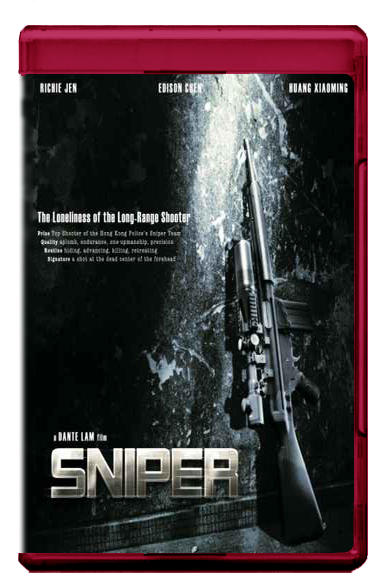Can you imagine the frustration of spending hours encoding a movie only to find out that the file size is too small to maintain quality? A 300 MB file for an HD movie is indeed insufficient to preserve any significant level of visual fidelity. This issue often arises when users encode at a constant bitrate, failing to consider the necessary adjustments for optimal compression. As Neuron2 pointed out in a forum discussion, this problem can be mitigated by adopting variable bitrate encoding techniques and ensuring sufficient file size for high-definition content.
The challenges with MKV files extend beyond mere encoding parameters. For instance, Adobe Premiere Pro 2025 initially faced criticism for not supporting MKV movies ripped from UHD discs. Users were left scrambling for solutions until the Autokroma Influx plugin emerged as a viable workaround. This plugin enabled compatibility between Adobe Premiere Pro and MKV files, bridging the gap until the next software update officially addressed the issue. The official website of Autokroma provides detailed instructions and support for users seeking to integrate the plugin into their workflow. Moreover, Adobe acknowledged the limitation and committed to resolving it in subsequent updates, promising added support for MKV (H.264/AAC) files.
| Category | Details | Reference |
|---|---|---|
| Name of Software | Adobe Premiere Pro 2025 | Autokroma Influx Plugin |
| Issue | Non-support for MKV Movies Ripped from UHD Discs | - |
| Solution | Use of Autokroma Influx Plugin | - |
| Status | Fixed in Next Version | - |
Sharp TVs, particularly the Aquos series, have also encountered hurdles with MKV playback. Owners of these devices frequently report difficulties in playing MKV files directly from USB drives due to format incompatibility. A straightforward solution involves converting MKV files into formats supported by Sharp TVs. This conversion ensures seamless playback without compromising on video quality or audio synchronization. Alternatively, some users have explored firmware updates and third-party applications to enhance native MKV support on their devices.
For enthusiasts delving into the world of 3D Blu-rays, the question of whether MakeMKV can properly rip these discs has sparked numerous discussions. MakeMKV has proven its capability in handling 3D MVC MKV movies, provided the correct settings are applied during the ripping process. Tools like K-Lite Codec Pack play a crucial role in ensuring proper playback of such files. By configuring MPC-BE with the appropriate codecs, users can enjoy an immersive viewing experience without encountering playback issues.
In the realm of sound control, Linux users often encounter peculiarities when managing audio levels. Adjusting settings to allow volumes louder than 100% can resolve certain playback limitations. Additionally, integrating pulseaudio as an equalizer enhances the overall audio experience, providing functionalities akin to Dolby Atmos. These adjustments are essential for optimizing sound output, especially when dealing with complex audio formats embedded within MKV containers.
Merging multi-part MKV movies presents another layer of complexity. While Emby supports multiple parts, consolidating them into a single file is recommended for improved playback and resuming capabilities. Various tools and scripts facilitate this merging process, ensuring that all metadata and subtitles remain intact. However, users must exercise caution to avoid desynchronization or data loss during the merging operation. Instances where syncing libraries in Kodi fail to recognize merged files highlight the importance of verifying compatibility post-merging.
Zidoo forum discussions underscore the significance of audio formats in MKV playback. Users of Zidoo UHD5000 players have reported intermittent sound issues with 7.1 Dolby Digital Plus tracks. While 5.1 channels function seamlessly, the transition to 7.1 often results in abrupt silence after initial playback. Troubleshooting steps include checking amplifier configurations and ensuring firmware updates are installed. Newcomers to Zidoo devices should familiarize themselves with these nuances to maximize their entertainment experience.
Beyond individual user experiences, the broader implications of MKV file handling reflect ongoing advancements in multimedia technology. As hardware evolves, so too must software adapt to meet user demands. The interplay between codecs, players, and editing software underscores the necessity for continuous innovation. Developers must prioritize backward compatibility while embracing emerging standards to ensure a smooth user experience across diverse platforms.
In conclusion, the challenges associated with MKV files—ranging from encoding parameters to playback compatibility—highlight the complexities inherent in digital media management. Addressing these issues requires a combination of technical expertise, innovative solutions, and community collaboration. As technology progresses, staying informed about updates and best practices remains vital for both casual users and professionals alike.



